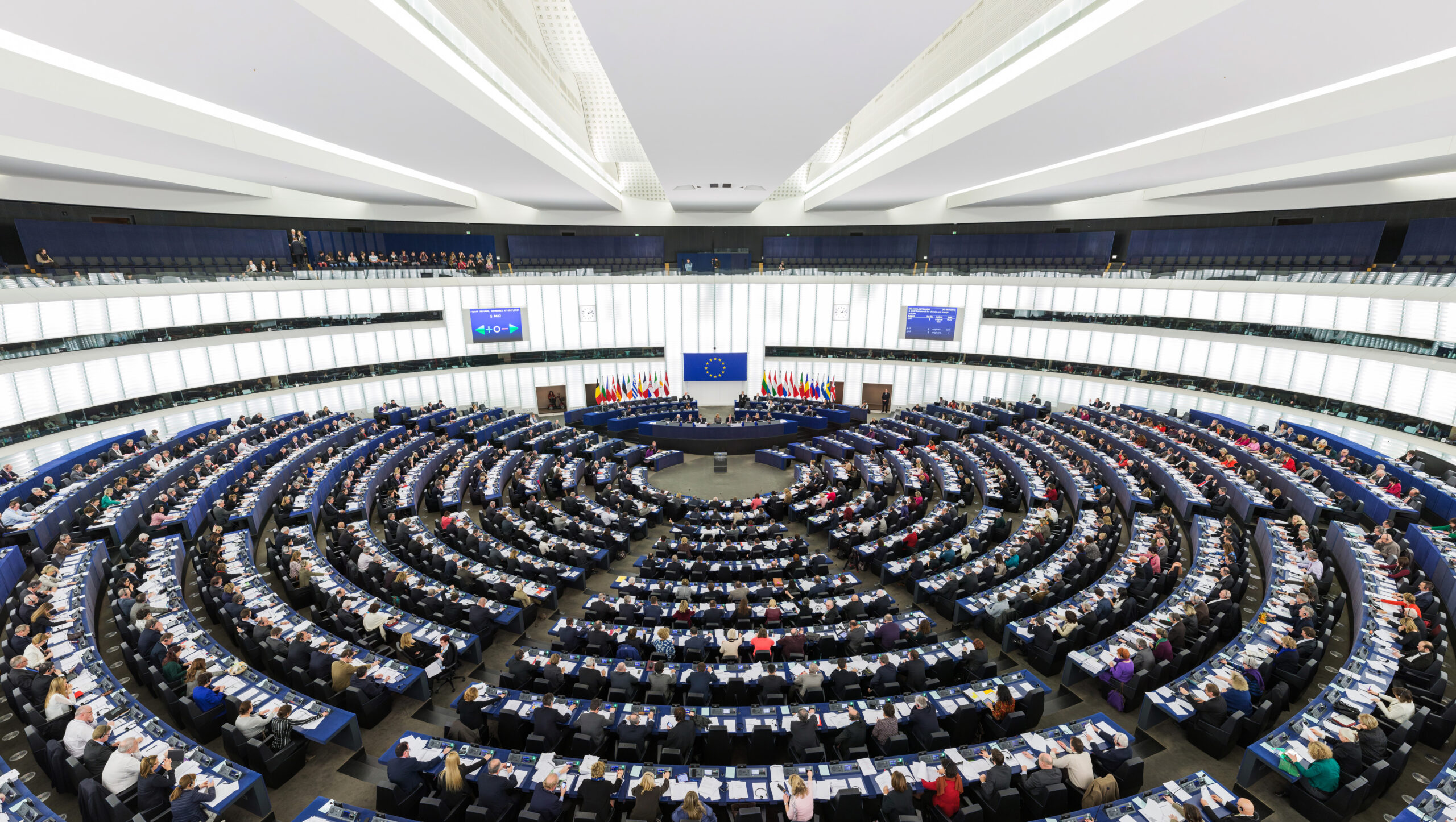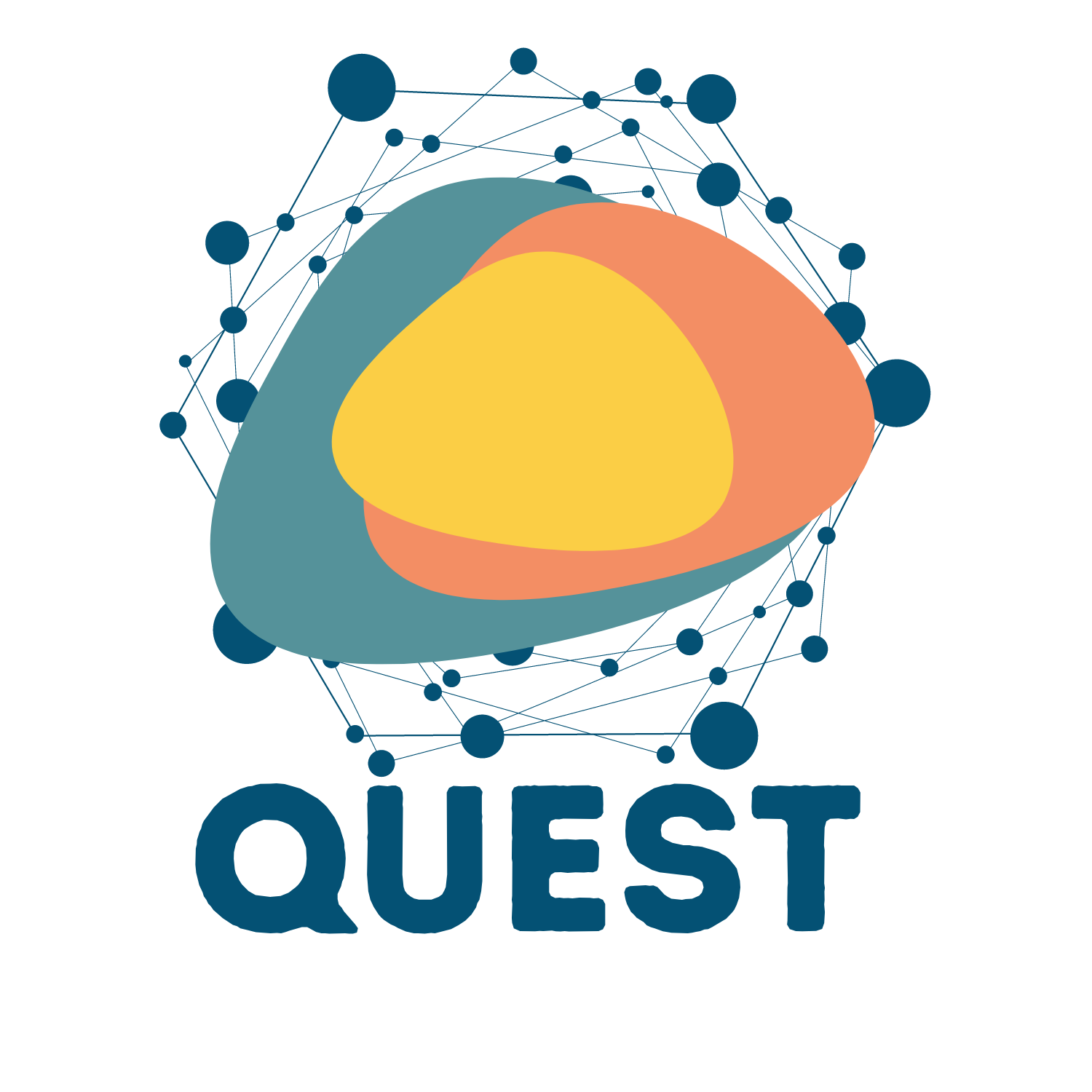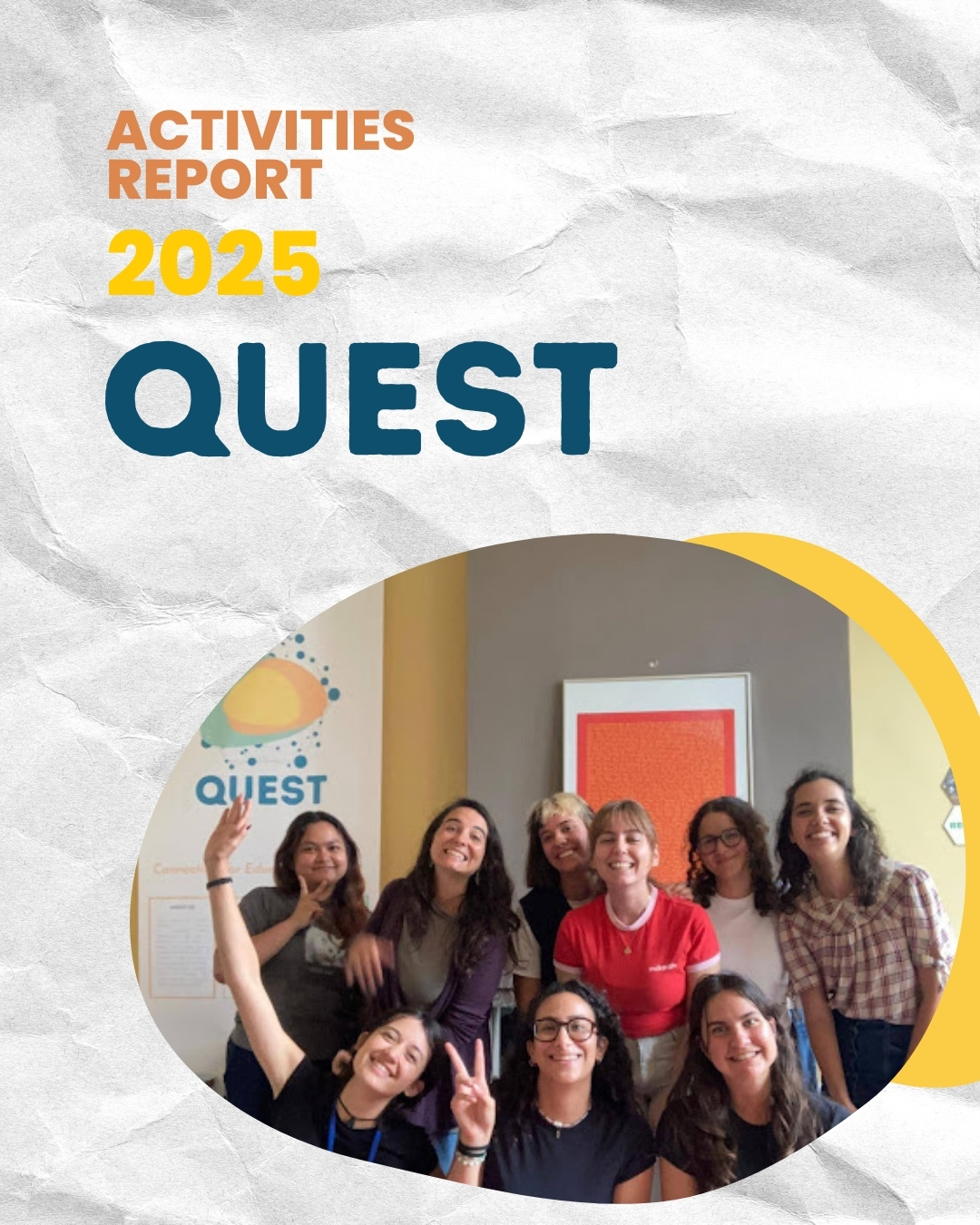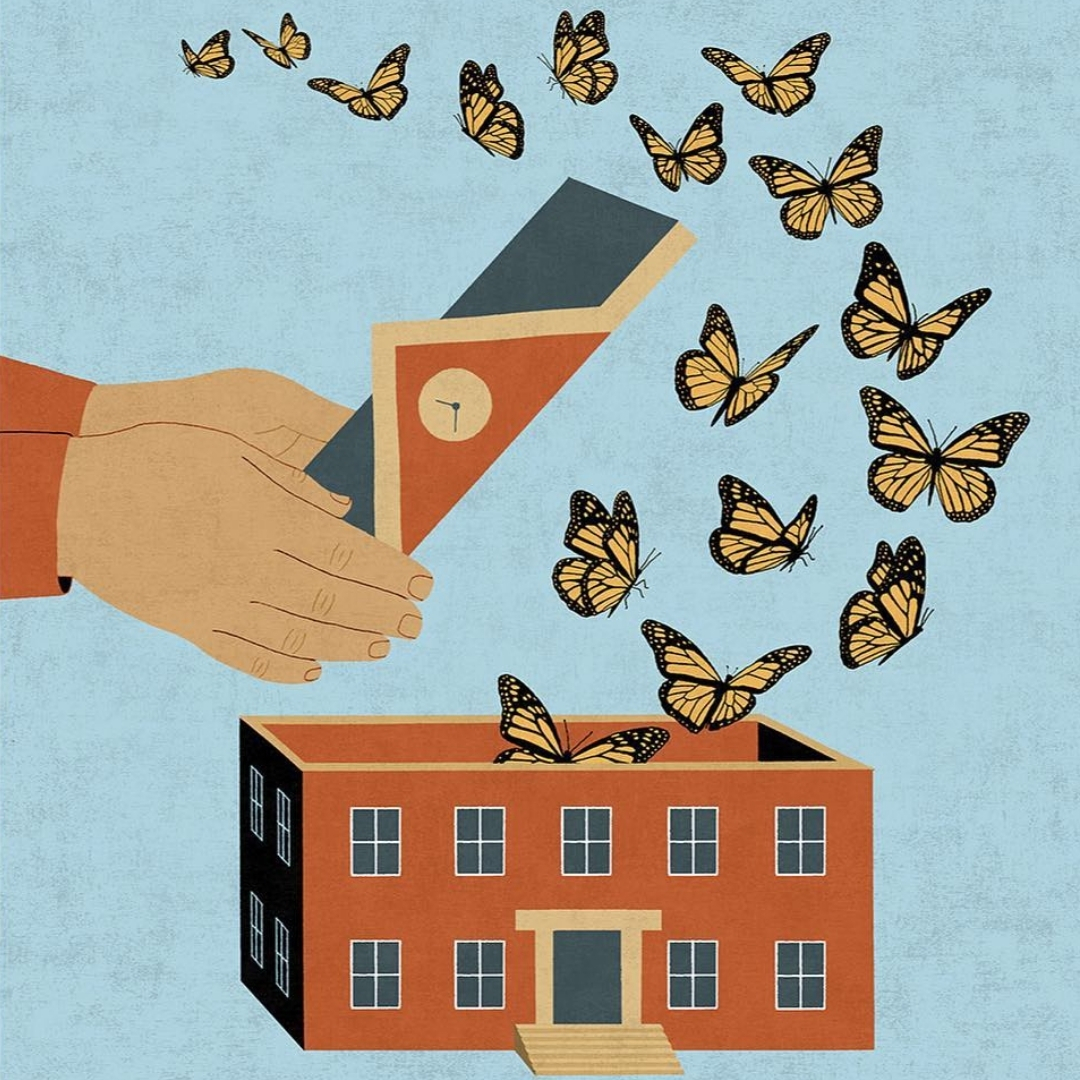In June 2024, the European Council enacted its Strategic Orientations for 2024-2029, which as described in a previous article pave the way for EU legislation for the next 5 years. Presenting three key objectives for the EU (A free and democratic Europe; A strong and secure Europe; A prosperous and competitive Europe), these guidelines fall short from recognising the importance of education, mentioning it only once, and of children’s rights to ensure a sustainable, fair and democratic EU.
Nonetheless, on July 18th, the President of the European Commission, taking inspiration from these guidelines, presented a workplan for 2024-2029, presenting concrete actions that will be taken during the new mandate. In this article, we identify opportunities and challenges of this new work plan for education in the EU.

Opportunities of the new work plan 2024-2029
In the next 5 years, much attention will be given to EU competitiveness, EU Security & Defence, European Investment and the Enlargement of the EU to new Member States such as Ukraine or Moldova, which underlines a less socially ambitious plan for the EU. However, some important commitments were made around education and learner’s rights, which we have gathered here :
- A new action plan for the implementation of the Pillar of Social Rights
The Pillar of Social Rights has been the stepstone of social investment in the EU in the past 5 years, including for education. It is based on a set of 20 principles to be reached at the EU-level, such as Education, training and life-long learning or Childcare and support to children. An action plan for its implementation could only mean a remaining importance for education in the EU and concrete possible outcomes at the local level. - Strengthening of the Erasmus + Programme.
The President of the European Commission recognised that “We must enable young people to make the most of Europe’s freedom from a stronger Erasmus + to more citizen-engagement.” While the meaning of a “stronger Erasmus+ Programme” was not precisely defined, we can hope for greater funding and support opportunities. - Tackling of cyberbullying and Protection from social media
For the first time in an EU work plan, was evoked the reality of a “mental health crisis” and the crucial times of childhood and teenage years in personality development. While these words were brought under, the crucial, but still narrow perspective of cyberbullying prevention and protection from social media addiction, this is a strong step forwards for education practitioners seeking to preserve the mental, emotional and physical well-being of learners through cutting-edge education. A first EU-wide inquiry on the impact of social media on the well-being of young people was promised. - A roadmap for women’s rights
Talking about the need to reconcile care & career, reduce the gender pay gap and fight violence against women, Ursula Von der Leyen proposed the development of a roadmap for women’s rights, which we believe would also benefit young girls and gender-diverse learners. - A European Shield for Democracy
The Commission’s President also proposed the creation of a European Shield for Democracy, to fight foreign interference and misinformation, with a Defence Democracy Plan, based on the work of subcommittees of the European Parliament on Foreign Interference. More support to independent journalism and an encouragement to education and media programmes were further presented. This new initiative is a strong opportunity for participatory education, such as democratic education, to highlight the crucial role of education for democracy preservation. - Strategy on how we manage EU water resources
While this last point is not directly related to education, we believe it could inspire new educational initiatives, involving children and young people in finding ways to sustainably manage natural resources, including water resources, and spreading innovative education practices for the promotion of sustainable habits towards these resources in the EU.
Challenges of the new work plan 2024-2029
As previously mentioned, we have identified a risk for less EU resources and attention to be mobilised for education and children’s rights in this new mandate. This can be first outlined by the primary mention of EU competitiveness, EU Security & Defence, European Investment and EU Enlargement in Ursula Von der Leyen’s presentation of the 2024-2029 Work Plan, while, in comparison, the opportunities evoked in the previous paragraph only arrived after 30 minutes of speech, as closing points. Here, we raise additional remarks on this agenda that could affect children in the EU and beyond.
- Does more security and defence mean less protection for children?
The President of the European Commission presented the idea of an EU Defence Union, promoting investment in EU defence (air defence, cyber-security, doubling Europol’s staff) and the renewal of aid to Ukraine. Here we question whether children’s rights, both in the EU, in Ukraine and beyond, have and will be considered to ensure that no use of EU defence and funds negatively affect the quality of life of children nor their rights. Additionally, no mention was made of the investment in quality education as a mean to prevent conflict in the long-term, within and outside the EU, through the strengthening of European values of peace, cooperation, intercultural dialogue and human rights. We welcome however the nomination of a Commissioner for the Mediterranean, which gives education organisations a direct contact in the EU to discuss children’s rights to education in the region. - Strengthening of Frontex and EU borders
The strengthening of an EU institution accused by some NGOs of “failing to protect people at EU borders” without reviewing its internal mechanisms, poses a threat to children coming from outside the EU. Children migrating to Europe have the same human rights to life, to freedom and expression, to health and education, which is put in jeopardy during migration, but also when reaching a new country. EU borders must be organised to respect human rights, including for children, and this should be included in the new Asylum & Migration Pact. - Stopping the war in Gaza
While the Commission offered its commitment to stopping the war in Gaza, mentioning women and children as direct victims of the violence, it did not specify what the proposed multi-year package to support an effective palestinian authority would entail. We believe that this package should encompass the funding and the monitoring of actions that would ensure the stopping of violences, the protection of civilians and the long-term accompaniment to ensure that water, food, health and education systems are properly recovered, as to ensure children’s rights to grow in healthy environments. The EU’s “responsibility to play an active role in the world”, as evoked by Ursula Von der Leyen, also needs clarification, as to avoid neocolonialist behaviours and guarantee the protection of human rights. - Making business easier & faster
We regret the lack of mention of young people in the Commission’s commitment to make business easier & faster. It will fall upon civil society to remind the special importance of making business easier & faster for young people, including students, and for young organisations, which might mean a differentiated type of business and overall administrative requirements. Making business easier & faster, also means greater training and information accessible to everyone, including young people and people with disabilities, which was not evoked. - Social Media and Cyberbullying are not the only threat to Mental Health in the EU
The EU needs a new comprehensive approach to mental health, especially for children and young people – most at risk concerning mental health problems. Climate change, unhealthy work cultures, gender-based violence and insecurity, discrimination, political conflicts, inaccessibility of services (…) all these dynamics, and many more, can join cyberbullying and social media in putting pressure on children and young people’s mental health. We believe more ambition should be carried out in the field of Mental Health, with a strong European Mental Health Strategy and an EU Recommendation on how to ensure mental health in education. - Yes for fairness in farming, No for losses in climate ambition
While we welcome the proposal of a New strategy for the food and farming sector, supporting a fair income for farmers in Europe, we believe this should not come at the detriment of climate and biodiversity efforts in the EU, ensuring the right to a healthy and safe environment for future generations. In that regard, there is a need to ensure that the EU’s climate and biodiversity commitments remain high, and that decisions on the farming sector that concern children’s rights and health in the long-term are informed by children and youth consultations.



